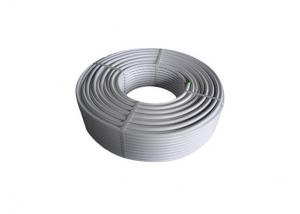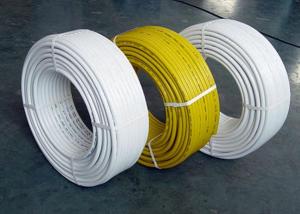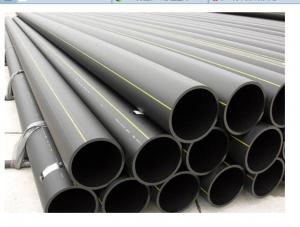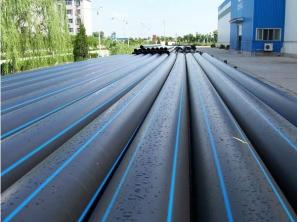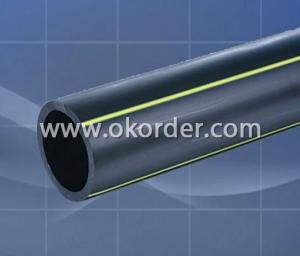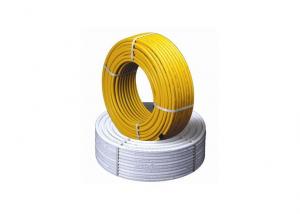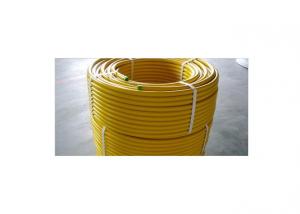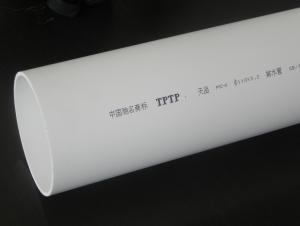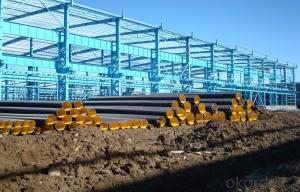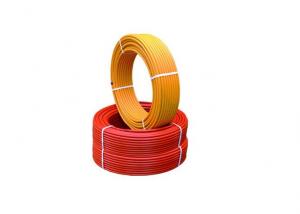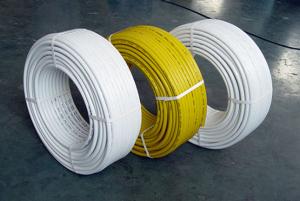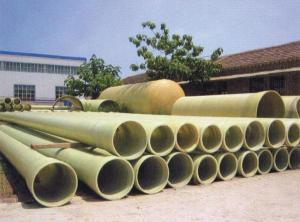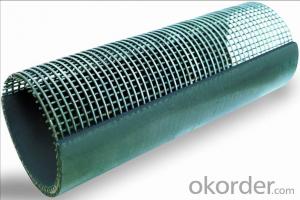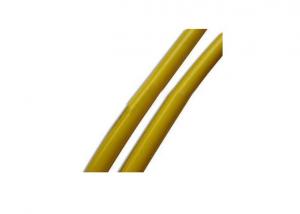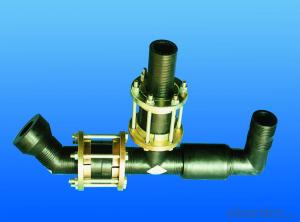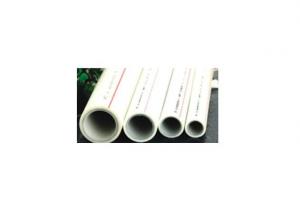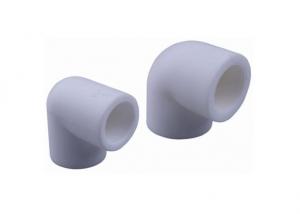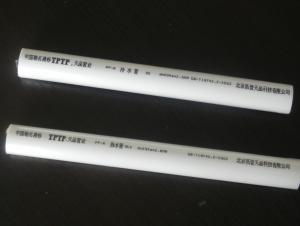Composite Overlap-Welded PEX-Al-PE Pipes
- Loading Port:
- China Main Port
- Payment Terms:
- TT or LC
- Min Order Qty:
- 5000 Meters m
- Supply Capability:
- 200,000 Meters per Day m/month
OKorder Service Pledge
OKorder Financial Service
You Might Also Like
Overlap-welded Pex-Al-Pe Pipe
Sizes1216 1418 1620 2025 2026 2632mm
Working for cold & hot water
OEM service
fast delivery
Overlapped welded aluminum plastic composite pipe
1)With available diameters: 16, 18, 20, 25, 26, 32mm
2) Non-toxic, anti-corrosive
3) Light weight, strong mechanical properties and thermal-resistant ability
4) Low fragile humidity and long using life
5) Low flowing resistance inside the pipe, scaling can rarely happen
6) The fluids cannot be contaminated. Effective diameters are big
7) Oxygen is 100% isolated and infiltration is thoroughly prevented. In case they are used as shielding materials for telecommunication circuit, magnetic interference can be prevented
8) Anti-static, and suitable for gas and fuel transportation
9) Can be bended or straightened without restriction
- Q: Are composite pipes suitable for hydropower plants?
- Yes, composite pipes are suitable for hydropower plants. Composite pipes are lightweight, corrosion-resistant, and have high strength-to-weight ratios, making them ideal for hydropower plants where they can withstand high water pressure, minimize maintenance needs, and offer long-term durability. Additionally, composite pipes can be easily installed, reducing construction time and costs associated with hydropower plant installations.
- Q: Can composite pipes be used for gas distribution systems?
- Yes, composite pipes can be used for gas distribution systems. Composite pipes, typically made of a combination of materials such as fiberglass, carbon fiber, and epoxy resin, offer several advantages for gas distribution systems. They are lightweight, corrosion-resistant, and have a longer lifespan compared to traditional metal pipes. Composite pipes also have excellent strength-to-weight ratios and can withstand high-pressure applications, making them suitable for gas distribution systems.
- Q: What is PPR plastic steel pipe, and what is the difference between PPr pipe?
- By pretreatment, preheating, internal coating, leveling, postprocessing technology made in water supply galvanized plastic composite pipe, is the upgrading of traditional galvanized pipe, steel plastic composite pipe with threaded connection.
- Q: Can composite pipes be used for chemical waste disposal?
- Yes, composite pipes can be used for chemical waste disposal. Composite pipes are known for their high resistance to corrosion and chemical reactions, making them a suitable choice for handling various types of chemical waste. These pipes are often made with materials like fiberglass or reinforced plastics that offer excellent chemical resistance and durability, ensuring safe and efficient disposal of chemical waste.
- Q: What types of joints are used in composite pipe systems?
- The types of joints commonly used in composite pipe systems include flanged joints, mechanical joints, and adhesive joints.
- Q: Can composite pipes be used for hydroelectric power generation systems?
- Yes, composite pipes can be used for hydroelectric power generation systems. Composite materials, such as fiber-reinforced polymers, offer advantages like high strength-to-weight ratio, corrosion resistance, and durability, making them suitable for the harsh conditions of hydroelectric power generation. They can withstand high pressure, turbulent flow, and water hammer effects, making them a reliable choice for transporting water to turbines in hydroelectric power plants.
- Q: Can composite pipes be used for transporting sewage?
- Yes, composite pipes can be used for transporting sewage. Composite pipes are designed to be resistant to corrosion, chemicals, and abrasion, making them suitable for transporting sewage which can contain corrosive substances. Additionally, composite pipes are lightweight and have a smooth interior surface, reducing the risk of blockages and improving the flow of sewage.
- Q: Are composite pipes suitable for offshore drilling platforms?
- Yes, composite pipes are suitable for offshore drilling platforms due to their corrosion resistance, lightweight nature, and high strength-to-weight ratio. These pipes can withstand harsh marine environments, reduce maintenance costs, and offer improved durability compared to traditional metal pipes. Additionally, composite pipes are easier to install and transport, making them a favorable choice for offshore drilling operations.
- Q: Are composite pipes suitable for chemical storage tanks?
- Yes, composite pipes are suitable for chemical storage tanks. Composite pipes are made of materials that are highly resistant to corrosion, chemicals, and other harsh substances. They offer excellent strength, durability, and dimensional stability, making them a reliable choice for storing chemicals safely and efficiently. Additionally, composite pipes are lightweight, easy to install, and have a long lifespan, making them a cost-effective solution for chemical storage tanks.
- Q: What is the actual current direction of the composite tube?
- Composite tube: in a shell of an electron tube, there are more than two electrode systems, each electrode system independently through the electronic flow to achieve their respective functions, this tube is called a composite tube. A composite tube is a combination of two or more transistors in accordance with a certain law, which is equivalent to a triode, and the compound tube is also called a Darlington tube
1. Manufacturer Overview
| Location | Zhejiang,China |
| Year Established | 1999 |
| Annual Output Value | |
| Main Markets | Eastern Europe; Mid East Africa |
| Company Certifications | ISO9001:2000 |
2. Manufacturer Certificates
| a) Certification Name | |
| Range | |
| Reference | |
| Validity Period |
3. Manufacturer Capability
| a) Trade Capacity | |
| Nearest Port | |
| Export Percentage | |
| No.of Employees in Trade Department | |
| Language Spoken: | |
| b) Factory Information | |
| Factory Size: | 10000 square meters |
| No. of Production Lines | |
| Contract Manufacturing | |
| Product Price Range | |
Send your message to us
Composite Overlap-Welded PEX-Al-PE Pipes
- Loading Port:
- China Main Port
- Payment Terms:
- TT or LC
- Min Order Qty:
- 5000 Meters m
- Supply Capability:
- 200,000 Meters per Day m/month
OKorder Service Pledge
OKorder Financial Service
Similar products
Hot products
Hot Searches
Related keywords
